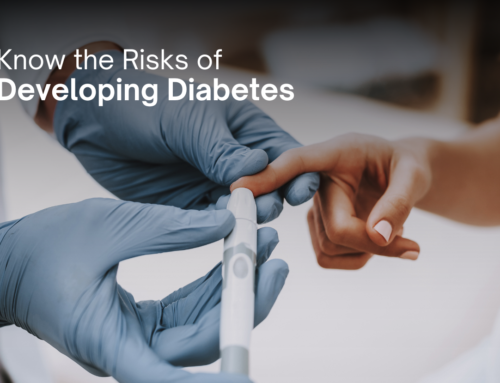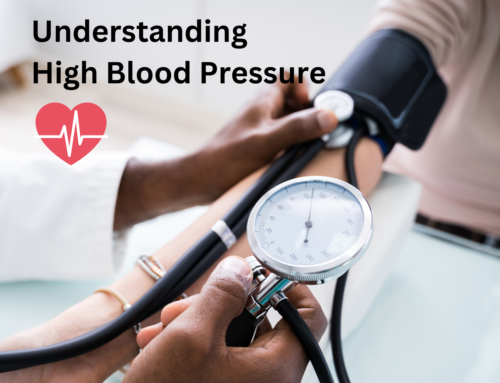Instances of panic and anxiety are not uncommon. More than 40 million people are affected by anxiety disorders. Feelings of worry, fear, uneasiness, and dread can be paralyzing and may even make us feel as if something is physically wrong with our body. But how do you know if you are experiencing anxiety or panic?
What is a Panic Attack?
Panic attacks are considered diagnosable. They are listed in the Diagnostic and Statistical Manual of Mental Disorders (DSM-5), which is what healthcare professionals in the United States use to diagnose mental conditions and prescribe treatment. Anxiety attacks do not appear in this medical manual. It doesn’t mean anxiety is any less legitimate; it just means anxiety attacks are not technically diagnosable.
A panic attack comes out of the blue, and there is no way to prevent it. There is no obvious cause, and it can happen when a person feels calm, and even during sleep. Panic attacks are short bursts of intense fear often marked by increased heart rate, brief chest pain, or shortness of breath. Typically, these attacks last less than 30 minutes, and they could occur once or repeatedly. These episodes can send patients to the emergency room.
To be considered a panic attack, four or more of the following symptoms need to occur:
- Heart palpitations, pounding or accelerated heart rate, chest pains, and shortness of breath similar to heart attack symptoms
- Chills
- Trembling or shaking
- Sweating or heat sensations
- Feeling of choking
- Fear of losing control
- Fear of dying
- Nausea or abdominal distress
- Feeling dizzy, unsteady, or faint
- Numbness or tingling sensation in extremities
- Derealization (feelings of unreality) or depersonalization (being detached from oneself)
What is an Anxiety Attack?
Anxiety is a condition that stems from an unsettling and persistent state of worry. It is normally associated with an event we perceive as scary or challenging. This could include worry over an imminent event such as death or illness, or even minor events such as a job interview or an upcoming exam. The anticipation and uneasiness about the event build up over time until it gets out of hand. This is considered a trigger. Anxiety attacks could also be linked to other health conditions such as the use of certain medications, alcohol or drug abuse, post-traumatic stress disorder (PTSD), or obsessive-compulsive disorder (OCD).
To help figure out if you have panic attacks or anxiety, you should first get a complete physical exam. This should include blood tests to check your thyroid and rule out other possible conditions, and tests on your heart, like an electrocardiogram (EKG).
You might also seek a psychological evaluation to discuss your symptoms. This will help determine whether you have any stressors, fear, and/or concerns that could contribute to an attack.
Whether you are struggling with anxiety or panic attacks, there are many different options for treatment. There are also several types of medications that have been shown effective in managing the symptoms of panic attacks.
If you’re having a panic or anxiety attack we help you determine what your next steps should be in order to stem these types of attacks in the future.





